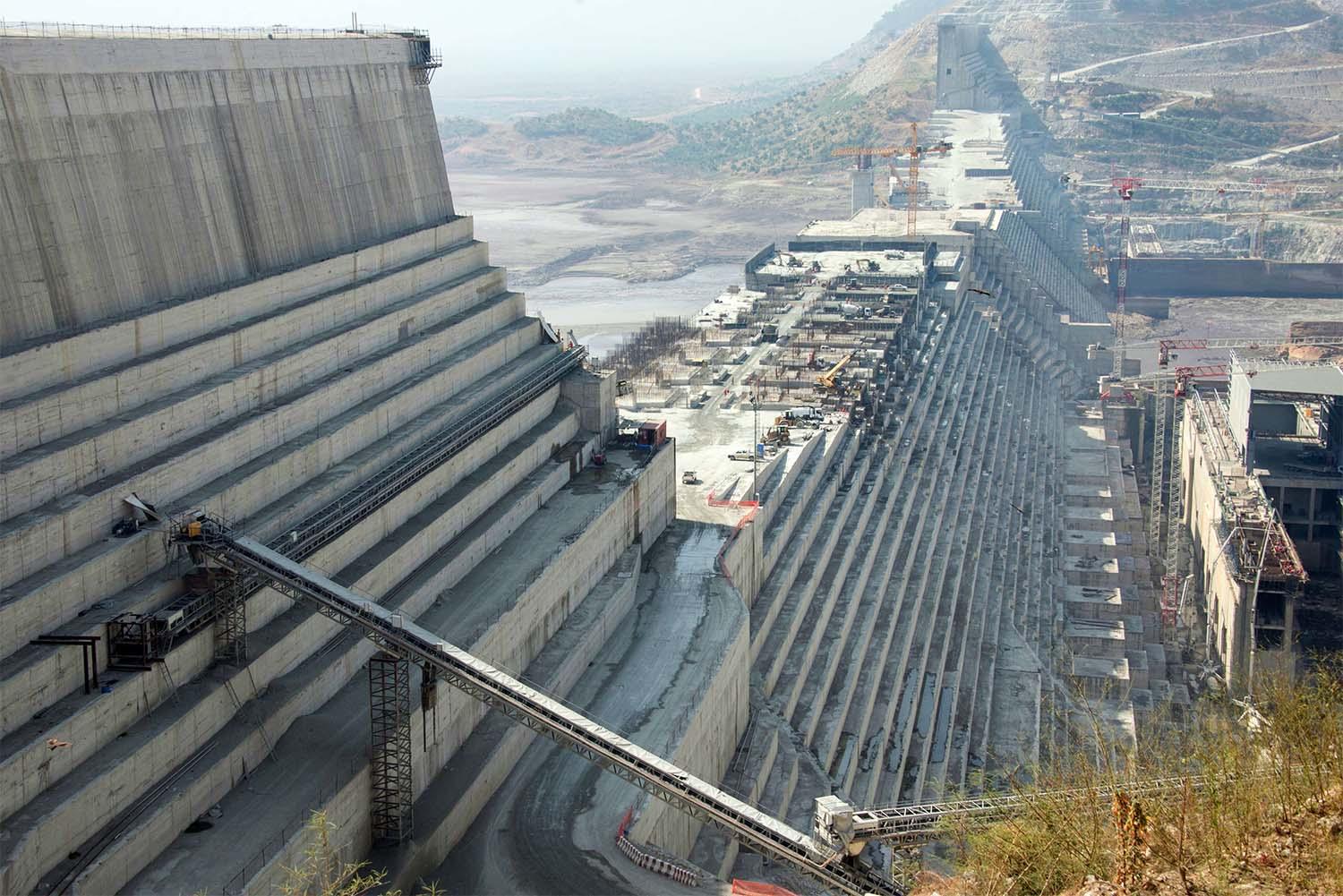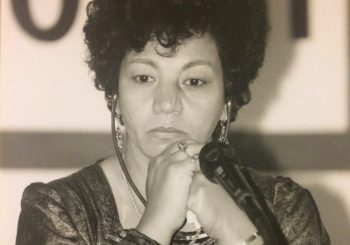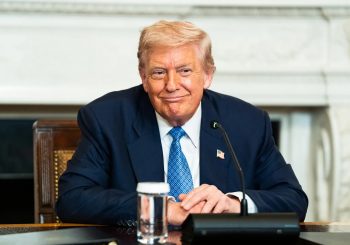The Egyptian Ministry of Foreign Affairs revealed in a press release on Friday, July 29, 2022, that Foreign Minister Sameh Shoukry has directed a letter to the current president of the United Nations Security Council, Ronaldo Costa Filho, formally registering Egypt’s rejection of Ethiopia’s continuation of its unilateral action to fill the Grand Ethiopian Renaissance Dam (GERD) without reaching an agreement with Egypt and Sudan on the dam’s filing and operation.
In the official letter, sent also on Friday, Shoukry expressed that Ethiopia’s one-sided measures are considered a direct and explicit violation of the 2015 ‘Declaration of Principles’ agreement signed by the three countries. The agreement stipulated conditions of cooperation, equitable and reasonable utilization of common water resources, and stated that “causing significant harm” to any of the countries should be avoided through all means necessary.
Egypt also accused Ethiopia of breaching the binding applicable rules of international law, which obligate upstream countries, such as Ethiopia, to avoid inflicting damage on downstream countries, such as Egypt and Sudan.
The letter stated that Ethiopia has frustrated all efforts to resolve the GERD issue, despite Egypt’s keenness throughout negotiations held across the previous years to pursue a “fair and equitable” agreement.
Although Egypt remains determined to reach an agreement which realizes the three countries’ common interests, Shoukry stressed in the letter that the country will not tolerate “any prejudice to its rights or water security or any threat to the Egyptian people, for whom the Nile River represents its lifeline.”
Ahmed Hafez, Spokesman for the Foreign Ministry, also announced in the press release that Egypt had received a letter from Ethiopia on Tuesday, 26 July, expressing Addis Ababa’s intentions to continue filling the Renaissance Dam’s reservoir during the current flooding season, a measure Egypt rejects and views as “a breach of [Ethiopia’s] obligations imposed by international law.”
Hafez also added that Egypt is “renewing its demand for Ethiopia to comply with the rules of international law and principles governing transnational waterways.
This letter is not Egypt’s first attempt to involve the global community in the GERD dispute, having reached out in 2021 to the Arab League and the UNSC. Both endeavors were nonetheless fruitless as Ethiopia rejected the “meddling” of the former and the security council only encouraged the pursuing of mutually beneficial agreements without its input.
Tensions surrounding GERD can be traced back to 2011, when Ethiopia began its construction without prior agreement or notification to Egypt, which was undergoing periods of political struggles and changes.
After a period of hostility resulting from the Mohamed Morsi administration’s adversarial handling of the portfolio, the turbulent relations between the two countries were set to improve after the 2015 declaration. Nevertheless, numerous bilateral and tripartite meetings failed to reach compromises acceptable to the three countries.







Comments (2)
[…] back to 2011 when Ethiopia began its construction of the Grand Ethiopian Renaissance Dam (GERD) without prior agreement or notification to Egypt – posing a threat to its water […]
[…] back to 2011 when Ethiopia began its construction of the Grand Ethiopian Renaissance Dam (GERD) without prior agreement or notification to Egypt – posing a threat to its water […]